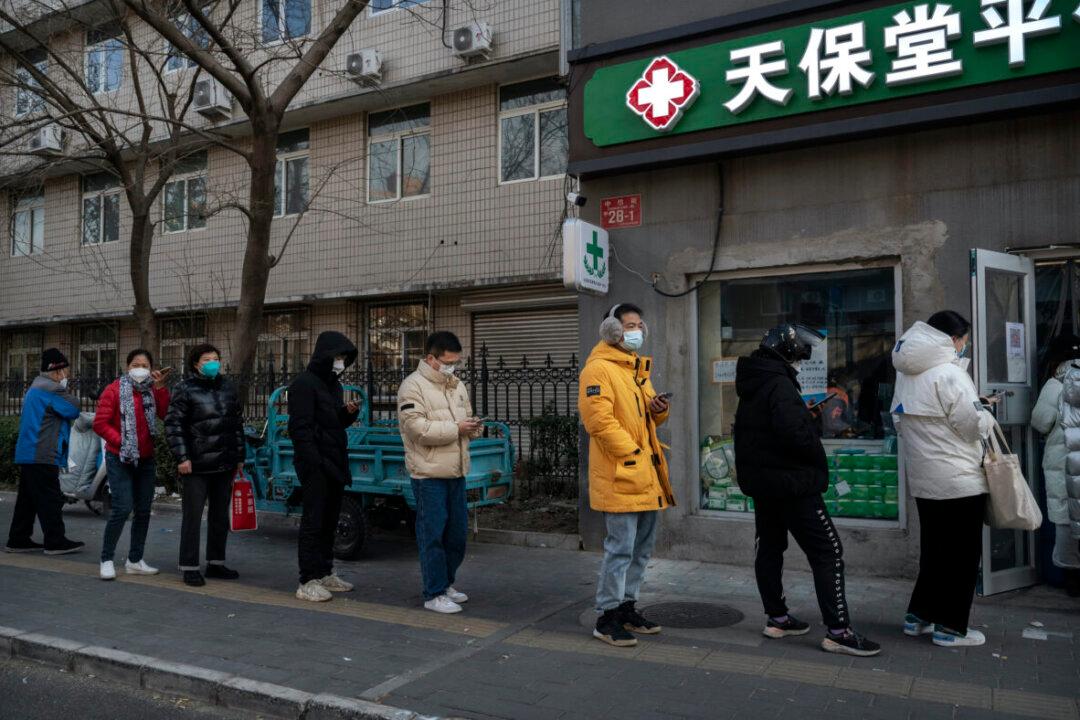Amid a surge of COVID-19 cases in China, many overseas Chinese, including those as far afield as Canada and as close as Japan, are rushing to buy up medicines in those countries and send them to family back home.
NTD Television, The Epoch Times’ sister media, talked with courier companies in Vancouver and Toronto who said they’ve seen a dramatic rise in the number of drug packages being shipped to China by the Chinese community recently.





